Opening a milk tea shop next to a middle school in 2008, 15 years later, Wang Xiaokun became a billionaire with a network of more than 7,100 branches.
Wang Xiaokun, founder and chairman of low-cost milk tea chain Cha Panda (also known as Chabaidao), has just joined the ranks of the world's billionaires thanks to the company's valuation reaching $2.1 billion after a recent funding round.
Wang, 40, owns 60% of the shares and has a net worth of $1.1 billion, according to Forbes . The Chengdu-based chain has expanded rapidly over the past three years and now has more than 7,000 stores. Signatures include taro bubble tea and jasmine milk green tea, most of which cost no more than $3.60.
Wang's wife, Liu Weihong, is worth $700 million thanks to her 33% stake in the company. She heads a committee responsible for overseeing Cha Panda's day-to-day operations.
According to a prospectus filed with the Hong Kong Stock Exchange, the fundraising round that closed in June saw Cha Panda shares sold at 13.2 yuan ($1.8) each to investors including CICC, Orchid Asia and Shanghai Loyal Valley Investments.
The company has yet to disclose details about the timing or size of the IPO. Analysts say Cha Panda needs the new capital to open more stores to keep up with China’s fiercely competitive tea beverage market.
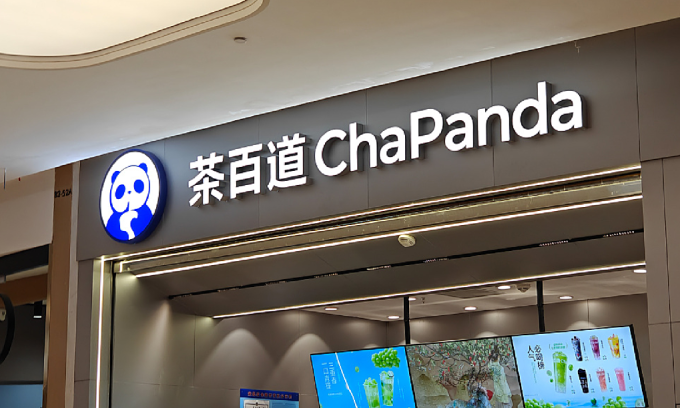
A Cha Panda store in China. Photo: Visual China
Jason Yu, managing director of Shanghai-based market research firm Kantar Worldpanel Greater China, said bubble tea customers are not loyal to one brand and tend to drink multiple brands at once. “So whoever has more outlets has a better chance of getting noticed by consumers and getting a bigger share of their spending,” he explained.
Cha Panda was born in 2008, when Wang started a fruit and milk tea stall next to Wenzhou II Middle School in Chengdu, a city famous for its spicy food and also home to pandas.
The first store was less than 20 square meters wide but laid the foundation for the company's future development direction. One was a mid-range price for students. Two was a small store model mainly selling take-away, and three was exploring the combination of natural ingredients and tea.
In the first decade, Cha Panda grew slowly. In the first eight years, the number of stores was just over 100. It was not until 2016 that Wang upgraded the first store, positioning the brand as "fresh fruit and Chinese tea", and opened a franchise in Chengdu.
But Cha Panda still hasn't left Sichuan and Chongqing. The biggest change came in 2018, when Wang noticed the fierce competition in the milk tea market. So he decided to make a comprehensive upgrade. On the one hand, the panda image was added to the brand. On the other hand, the drink menu was arranged and updated to be more reasonable, adding the signature "jade unicorn" soy milk.
By 2020, Cha Panda’s network had grown to 531 stores. But the business really took off when he adopted the franchising model. Cha Panda’s strategy now is to develop drink recipes and then sell ingredients, such as fruits and tea leaves, to franchisees. That way, the company can keep operating costs lower than rivals like Nayuki Holdings, which spend more on staff salaries and rent for directly operated stores.
The total number of Cha Panda-branded stores increased to 7,117 as of August, with only six under the direct management of the company. As of the end of March 2023, 44.9% of stores were 30-49 square meters in size and 40.5% were 50-100 square meters. The takeaway sales ratio increased from 47.6% in January 2020 to 58% this year.
Last year, Cha Panda had revenue of $580.3 million, up more than 16% from 2022. Profits rose 24% to $132.3 million. It is the third-largest tea chain by retail sales in China, behind Michelle Ice City and Guming, according to research by Frost & Sullivan.
To attract more young customers, Cha Panda sponsors music festivals and cultural events, along with online advertising campaigns. In June, Cha Panda showed its support for the Chengdu Research Base of Giant Panda Breeding by adopting one of the pandas there.
Cha Panda's main success, however, still comes from controlling costs and offering affordable products, according to Yu of Kantar Worldpanel. "Consumers are more concerned about cost because bubble tea brands are not really differentiated from each other. The products are similar because they are all a mixture of tea with other ingredients, such as fruit," he said.
Phien An ( according to Forbes, Min )
Source link






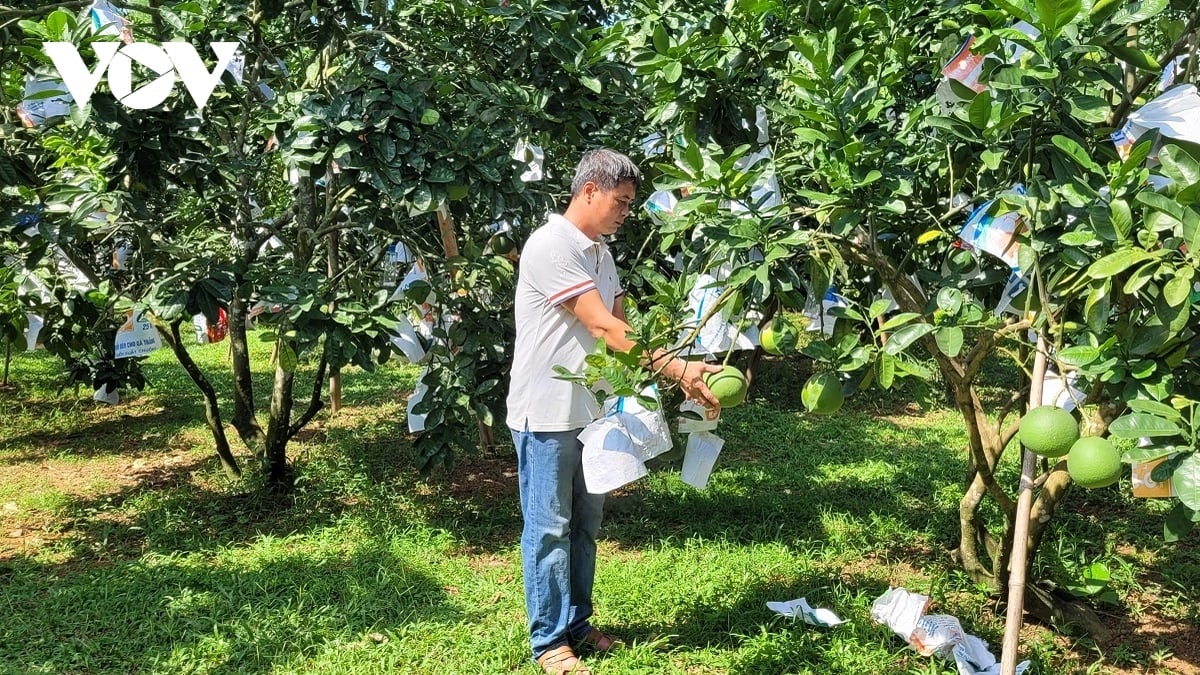
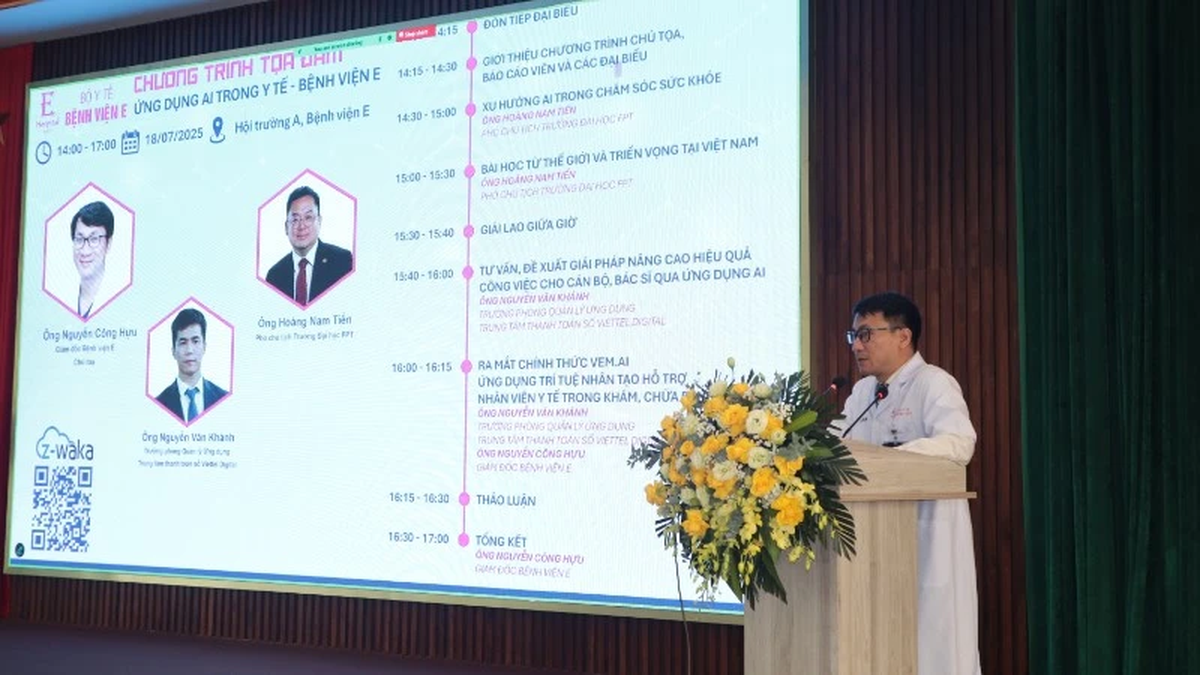
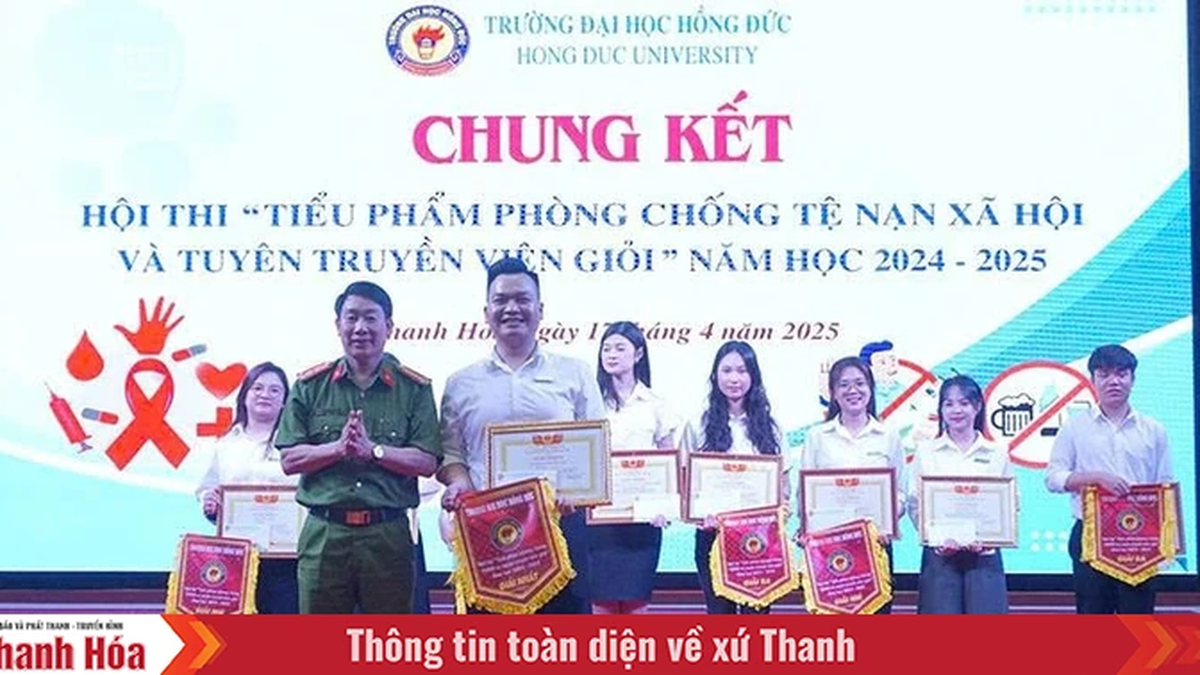
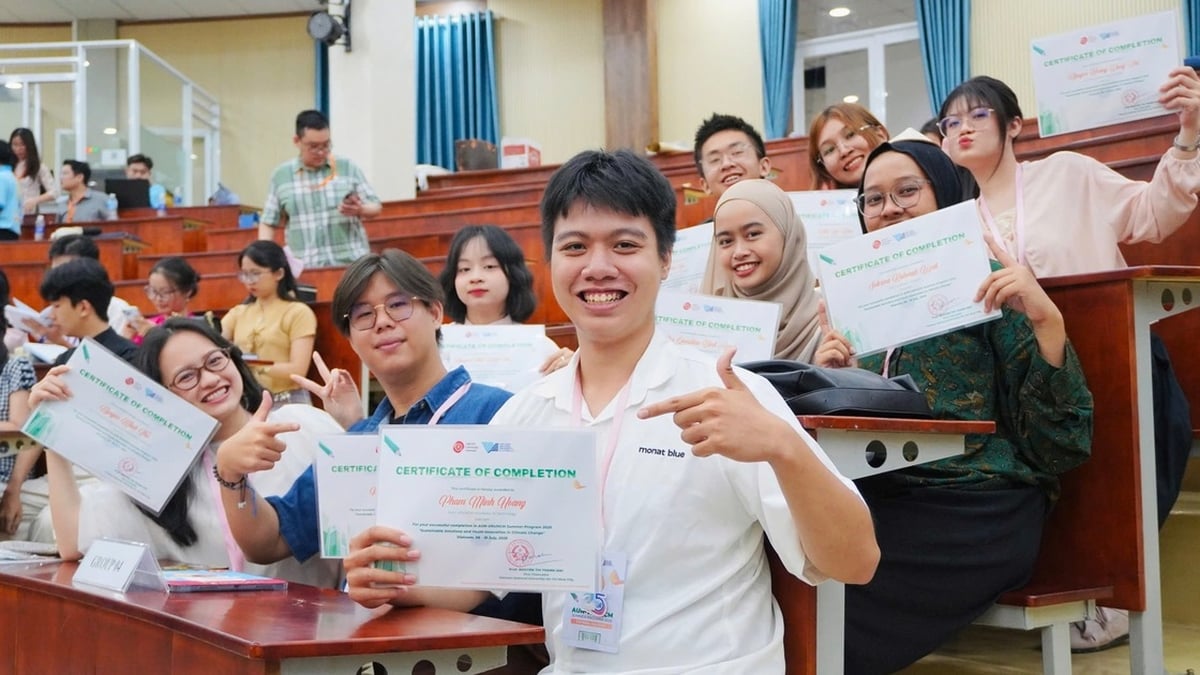
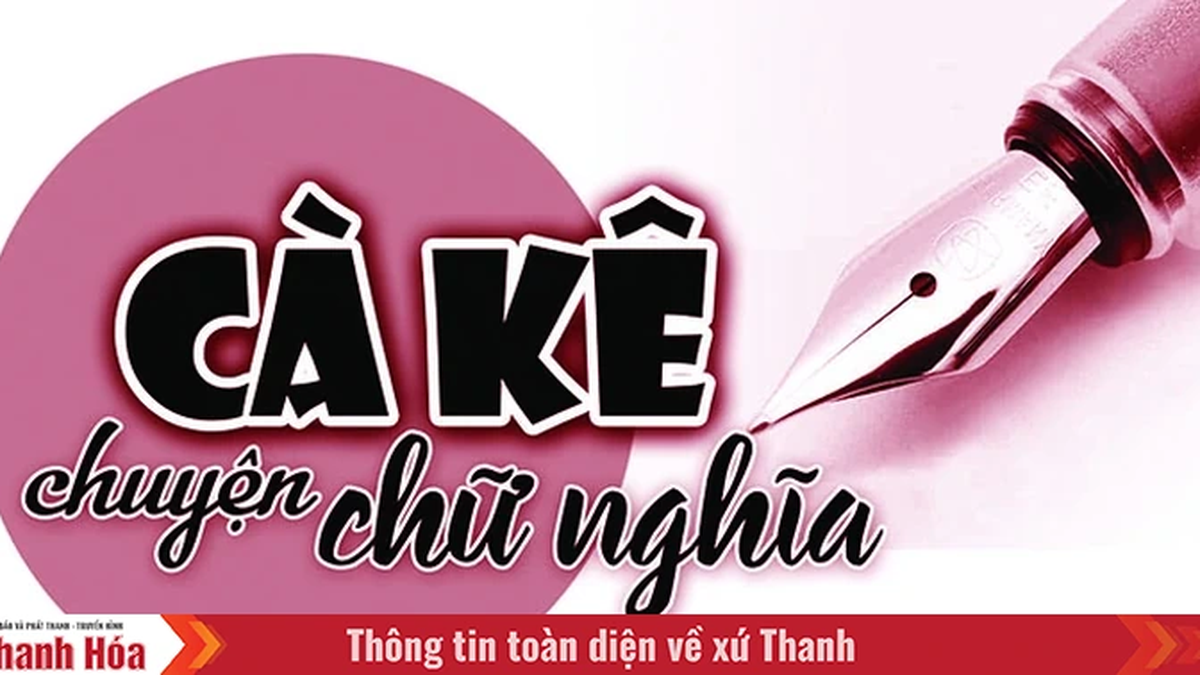


















































































![[Infographic] In 2025, 47 products will achieve national OCOP](https://vphoto.vietnam.vn/thumb/402x226/vietnam/resource/IMAGE/2025/7/16/5d672398b0744db3ab920e05db8e5b7d)





Comment (0)